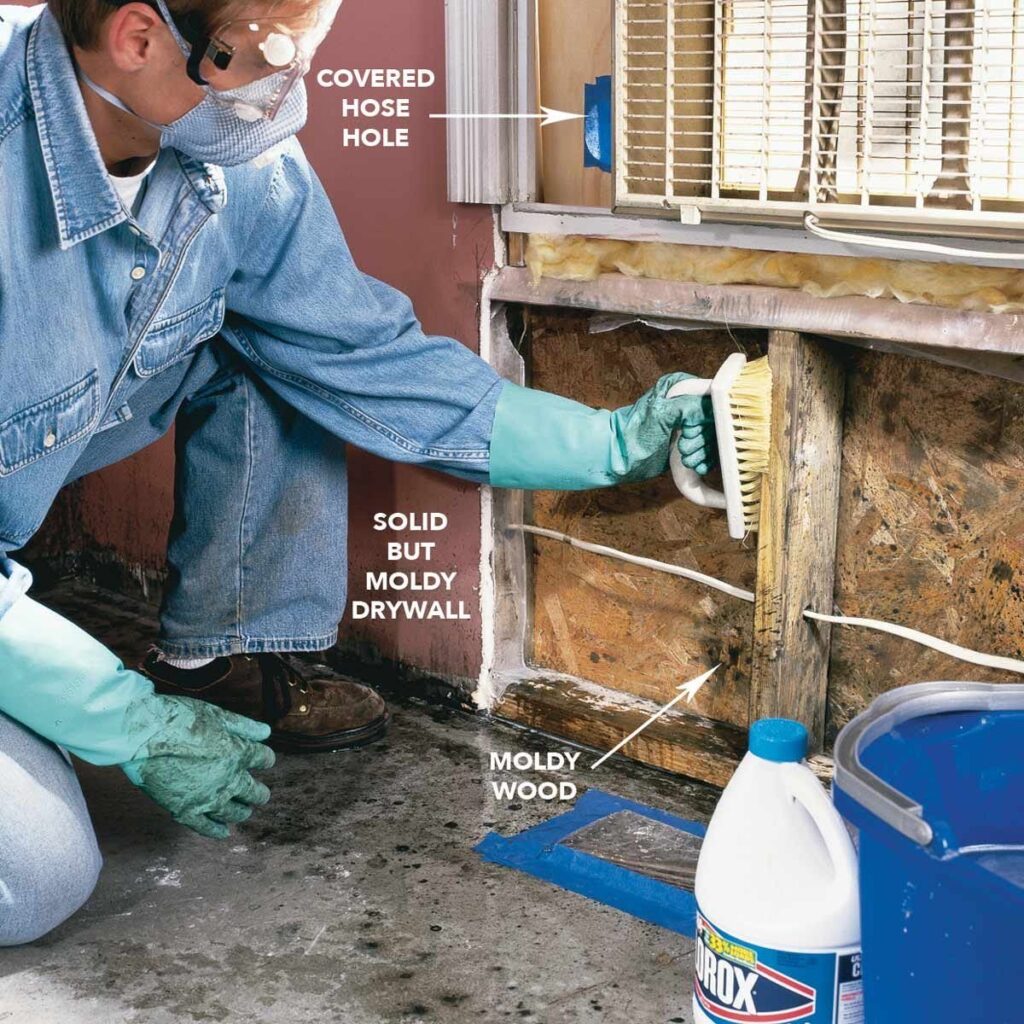An advertising agency is a company that helps businesses promote their products or services through various marketing channels. The main goal of an advertising agency is to help businesses reach their target audience and increase their sales.
To start an advertising agency, you need to have a strong background in marketing and advertising. You can start by studying marketing and advertising in college or taking online courses. You can also gain experience by working in a marketing or advertising agency or working on marketing campaigns for businesses.
Once you have the necessary knowledge and experience, you can start your own advertising agency by following these steps:
- Define your niche: Decide what type of advertising you want to specialize in. This could be social media advertising, digital advertising, print advertising, etc.
- Create a business plan: Develop a business plan that outlines your goals, target audience, services, and budget.
- Register your business: Register your business with the government and obtain any necessary licenses and permits.
- Build a team: Hire a team of marketing and advertising professionals who can help you execute your campaigns.
- Develop your services: Create a range of advertising services that businesses can choose from. This could include branding, social media marketing, search engine optimization, and more.
- Build your client base: Network with other businesses and start building a client base.
- Execute campaigns: Work with your clients to develop and execute successful advertising campaigns that meet their marketing goals.
- Measure success: Track the success of your campaigns and use that data to improve future campaigns.
An advertising agency typically offers a range of services, including market research, branding, creative design, media planning and buying, and campaign execution. The agency works with businesses to create a unique marketing strategy that will help them reach their target audience.
For example, if a business wants to promote a new product, the advertising agency will conduct market research to identify the target audience and determine the best way to reach them. The agency will then work with the business to develop a creative concept and design the campaign. Once the campaign is launched, the agency will track its success and make any necessary adjustments to ensure that the campaign is achieving its goals.
Overall, an advertising agency plays a crucial role in helping businesses promote their products and services. If you have a passion for marketing and advertising, starting an advertising agency could be a great career choice.




